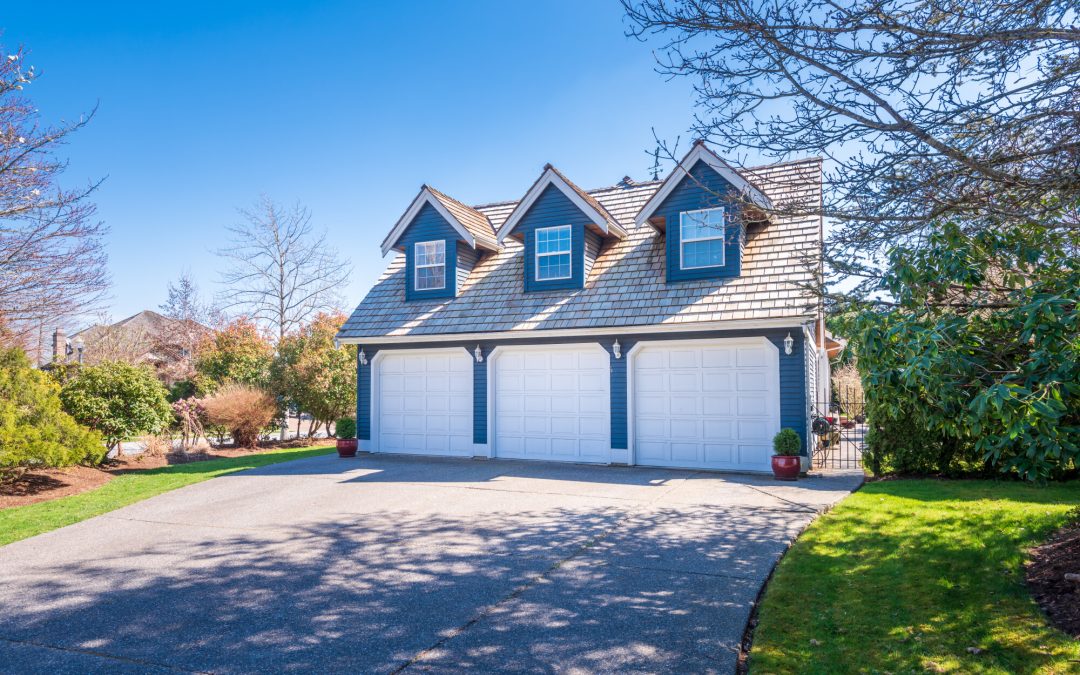Projections show that the global protective coatings market will reach a size of $21.2 billion by 2028.
While concrete is a tough material, it’s not indestructible. Over time, a concrete floor will show its age, and general wear and tear will take a toll on it. If you want to protect your garage floor, there are various coating options available.
Epoxy is a fairly common choice, but it comes with several drawbacks. Polyurea coating can be a much better solution if you’re looking for the best floor protection available.
When it comes to polyurea vs epoxy, there’s a clear winner. Keep reading to find out more.
Polyurea vs Epoxy – A Comparison
If you’re resurfacing your garage floor, it’s important to know the benefits of the options available to you. Consider how you use your garage to help you decide what the best option is for you.
Durability
The purpose of both polyurea and epoxy floor coatings is to protect your garage floor. With that in mind, it’s important to realize that epoxy is much more prone to damage than polyurea. Things like chips, scratches, and nicks are a lot more common in epoxy.
Normal use can easily lead to things like this. All it takes is a dropped tool to cause some damage, but a polyurea floor coating will suffer a lot less than epoxy.
Appearance
When you add a coating to your garage floor, the appearance is one of the most obvious changes. Both polyurea and epoxy floor coating is available in various colors and styles. This means you can easily pick the look you want, regardless of which one you go settle on.
With that being said, if you want the appearance to last, then polyurea is the better option. With time, an epoxy floor will fade. UV rays can make this happen quite quickly, causing the coating to lose the color you’ve chosen, and it often turns more yellow.
Polyurea coating is UV resistant, so it will maintain its original appearance, even after several years. The significance of this will vary from garage to garage, as some allow in a lot more natural light than others.
It’s worth noting that this makes epoxy a very bad choice for outdoor use. With a patio or walkway, for example, polyurea will do a much better job of holding its color.
Moisture Protection
Polyurea coating forms a protective seal that’s completely moisture-proof. This means that any spills won’t sink in, and can easily be cleaned up, even after sitting for a while.
Epoxy is prone to developing efflorescence. This can cause it to produce a white residue if there are moisture issues. Epoxy coating can also produce dark spots in similar situations.
Polyurea is chemical resistant, so if you work with any chemicals in your garage, they’ll pose less of a threat to the quality of your flooring. Chemical or oil spills could easily stain an epoxy floor, but with polyurea, you can be confident that once you’ve cleared up any spills, the floor will still look brand new.
Curing Rate
Depending on what you use your garage for, this could be a crucial factor. Epoxy coatings can often take upwards of five days to fully cure. During this time, you won’t be able to use your garage at all.
This means your car will have to be out, and you’ll need to ensure your family doesn’t need to access the space during this time. This long curing time can also affect the quality of the floor. There will be more time for dirt, dust, and even insects to settle on the floor, which will then be a part of it when it solidifies.
Polyurea, on the other hand, generally takes about 24 hours to fully cure. This means the quality of the floor is almost always noticeably better. You’ll also be able to get back to using your garage much sooner.
Adhesion Issues
On top of taking a long time to cure, epoxy coating tends to not cure as well. Cold temperatures and moisture can cause problems that will be noticeable once the floor solidifies.
If epoxy floor coating doesn’t cure properly, it can start to peel. When this happens, your floor will once again be unprotected. You’ll then need to replace or repair the floor coating, costing you more money.
Safety
Safety is always a priority, and if you go with an epoxy coating over polyurea, you’ll be taking a risk. Epoxy surfaces are smooth and have no slip resistance. In a garage, there can be a lot of hard objects and surfaces, including the floor, so slipping over could be disastrous.
If an epoxy floor gets wet, it can make it far more slippery. Polyurea coating has a non-slip finish, making things much safer – even when wet. You can often texturize epoxy floor coatings to make them somewhat safer, but they’re still generally more hazardous than polyurea floor coatings.
Your Polyurea Garage Floor Coating
When comparing polyurea vs epoxy, it’s clear that one is superior to the other. Whether it’s for a garage or any other environment, polyurea coating provides better protection, holds its appearance longer, cures faster, and is much safer.
At Garage Force, we provide high-quality polyurea floor coatings to protect your garage floor. You can choose a custom look and style, and we provide our services across the US. To find out more about what we offer, click here to contact us today.

